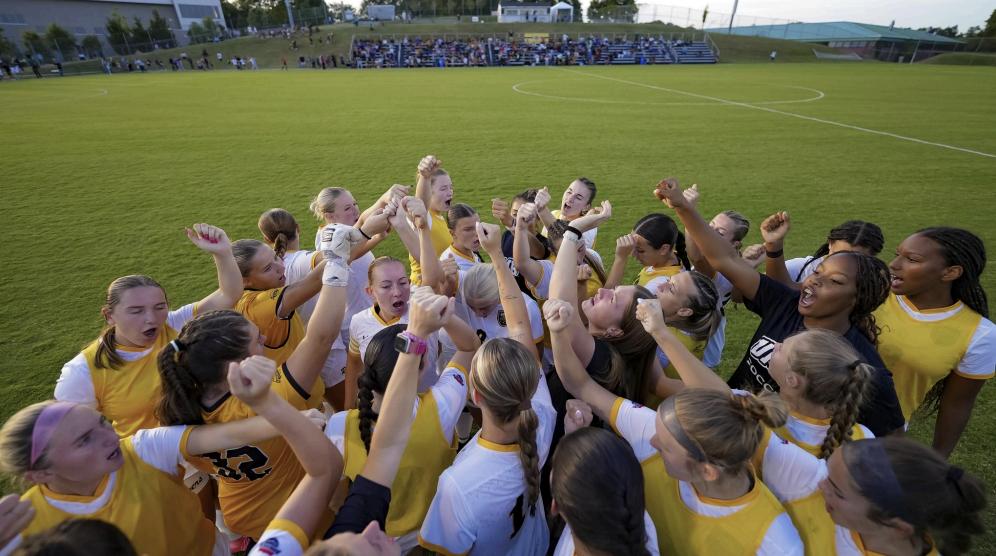Since the COVID-19 virus first emerged over a year ago, it has underscored global racial and socio-economic disparities. From increased anti-Asian sentiment and hate crimes in the United States to people’s inability to register for a COVID-19 vaccine due to lack of Internet access, the pandemic has revealed many discriminatory practices in America. To bring to light the issues highlighted by the COVID-19 pandemic, the University of Maryland, Baltimore County hosted “COVID-19: Three Pandemics, Three Conversations.”
The main topics of the evening focused on rebuilding trust in science, “one virus, different experiences,” and public safety.
Speakers made up of UMBC faculty, staff and alumni represented a wide range of disciplines and professions — public policy, science and law, to name a few — paralleling the event’s emphasis on intersectionality. Each speaker emphasized how crucial an interdisciplinary and intersectional approach is to tackling the pandemics plaguing the globe.
Discussed first was vaccine development and obstacles to vaccine rollouts. Dr. Kate Tracy, who is a public health special advisor to the 12 campuses and chancellor’s office of the University System of Maryland, spoke about how important it is for universities to guide their surrounding communities during these crucial times.
“Educational institutions are parts of the community … they can provide expertise, be champions … and be a trusted booklight,” said Tracy.
UMBC President Dr. Freeman Hrabowski and First Lady Jackie Hrabowski continued the conversation of building trust in communities, and especially minority communities, by citing their involvement in the Moderna vaccine trials.
“[We are] glad to be engaged in vaccine trials,” said Mrs. Hrabowski. “We have great confidence that it was the right thing to do as role models in the community. If not us, then who?”
Hrabowski went further, stating: “it’s a big deal to say you have people representing all races in this [vaccine] process.”
Symbolizing this initiative to involve more Black and brown people in vaccine trials and development was the lead Moderna vaccine researcher, Dr. Kizzmekia Corbett, Senior Research Fellow, the National Institute of Allergy and Infectious Diseases’ Viral Pathogenesis Laboratory.
Corbett explained the impact that being a Meyerhoff Scholar had on providing her financial and emotional resources to guide her scientific future.
“Meyerhoff levels the playing field … and [allowed] me to be comfortable and thrive,” said Corbett.
Building on the need to have more minority representation in STEM, Baltimore City Health Commissioner Dr. Letitia Dzirasa discussed the pandemic of structural racism in America.
“[We need] comprehensive programs to address violence, restore relationships with police, and provide equal and ample access for minorities to receive vaccines,” said Dzirasa. “Public higher education is essential.”
Dzirasa listed a number of solutions in progress in the Baltimore community, including affordable health care, access to healthy foods in every neighborhood and addressing the digital divide across Baltimore City.
“We need leaders to help build trust in these communities that the vaccine is good,” concluded Dzirasa.
Director of the Baltimore School Partnerships and Sherman STEM Teacher Scholars Programs Josh Michael emphasized the importance of equitable public education to help bridge the gap between white and minority groups in America.
“[Covid-19] has illuminated gaps in the lived experiences of students and families in our communities … and shines on the importance of focused policy … and invest[ment] in lived communities,” explained Michael.
CEO of Associated Black Charities Diane Bell-McKoy built upon Michael’s ideas by defining the root cause of pandemic inequities — structural racism.
“If we are going to make a difference in the economic outcomes of Black and brown workers in Baltimore, we need to do more than just transactional investments but … see where racism is embedded,” said Bell-McKoy.
Bell-Mckoy found that 63 percent of Baltimore workers are low wage workers in sectors with growth opportunities, underscoring the urgent need for community investment to combat systemic inequalities.
One part of community investment includes increasing public safety, a topic Baltimore County Executive and Honorable John Olszewski, Ph.D. discussed through criminal justice reform.
“In the past year we have experienced two crises: a global pandemic and nationwide movement fueled by unfair treatment to people of color by law enforcement,” Olszewski said.
Olszewski explained that reform of law enforcement’s use-of-force policies are long overdue. One solution he offered for the Baltimore community is his workgroup on equitable policing in Baltimore County. This workgroup worked to pass the Strengthening, Modernization, Accountability, Reform and Transparency Policing Act, which would ban the use of chokeholds and other neck restrains by Baltimore County police officers. It also requires community members to be present on community hearing boards.
“The SMART policing act will make policing in Baltimore more accountable, equitable, and just,” said Olszewski.
William Joyner, Equity Officer for the Baltimore City Police Department, explained the importance of the Consent Decree, a court order to address documented patterns of the BCPD violating the constitutional rights of marginalized populations.
“Our job is to change the nature and form of policing and public safety and to address institutional and systemic inequities,” said Joyner. “[We are] changing the nature of power between police and community … by setting the priorities of the communities being policed.”
Eric Ford, Director of UMBC’s Choice Program added the critical role that young people play in fighting structural racism, and CHOICE’s involvement in giving them that opportunity.
“It is important for [young people] to remain active in civic engagement, especially using their right to vote,” said Ford. “[CHOICE] connects young people to issues that are happening locally and nationally so that they can build a network and alliances.”
Dr. Hrabowski concluded the evening with the last three lines of “The Hill We Climb” by Amanda Gorman, to address the wide range of disciplines involved in the fight against the three pandemics of trust, inequality, and public safety.
“The new dawn blooms as we free it. For there is always light,
if only we’re brave enough to see it
If only we’re brave enough to be it.”
“UMBC alumni, be the light. Keep hope alive,” he said.
